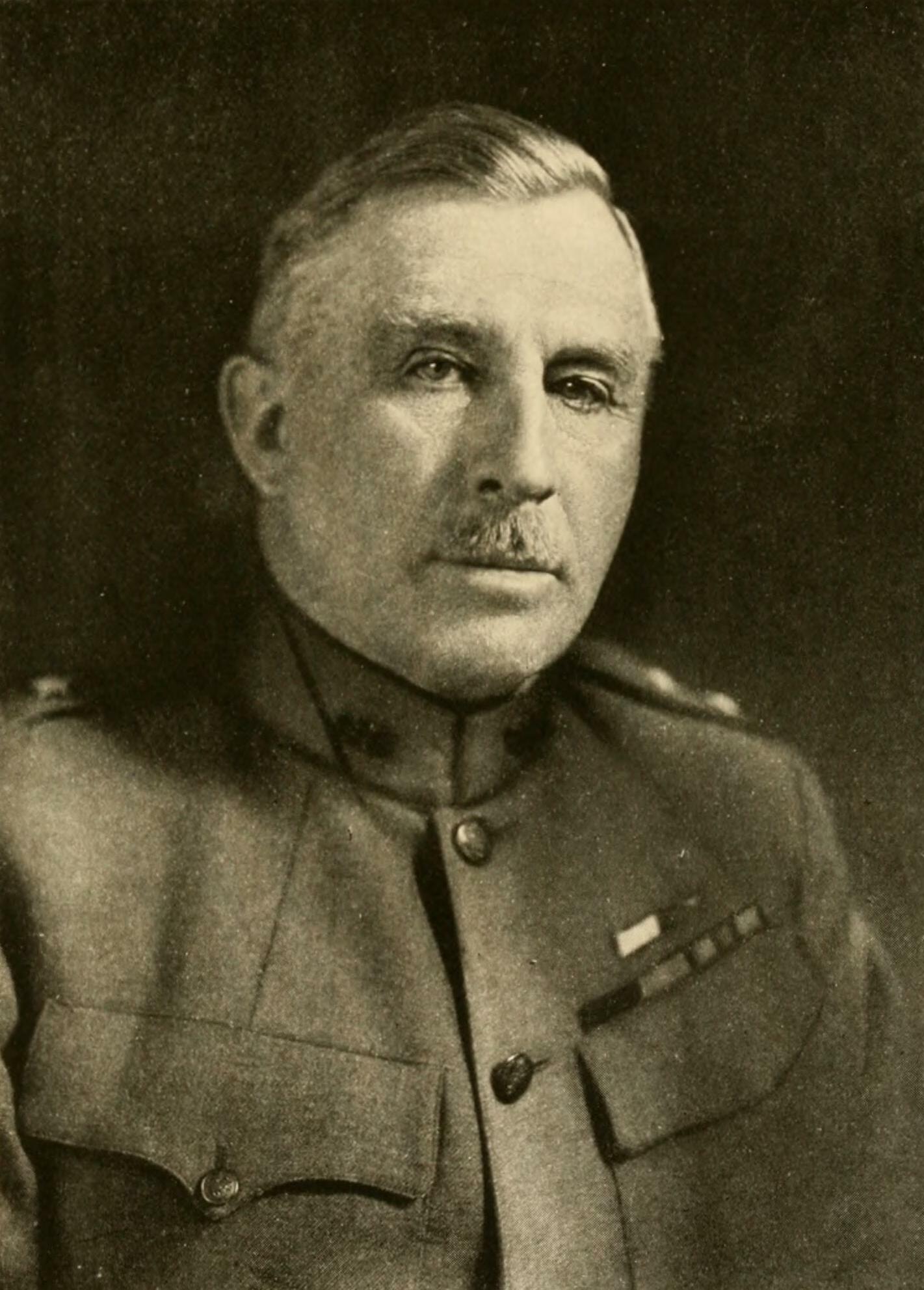Leonard Wood
 Leonard Wood (October 9, 1860 – August 7, 1927) was a United States Army major general, physician, and public official. He served as the Chief of Staff of the United States Army, Military Governor of Cuba, and Governor-General of the Philippines. He began his military career as an army doctor on the frontier, where he received the Medal of Honor. During the Spanish–American War, he commanded the Rough Riders, with Theodore Roosevelt as his second-in-command. Wood was bypassed for a major command in World War I, but then became a prominent Republican Party leader and a leading candidate for the 1920 presidential nomination.
Leonard Wood (October 9, 1860 – August 7, 1927) was a United States Army major general, physician, and public official. He served as the Chief of Staff of the United States Army, Military Governor of Cuba, and Governor-General of the Philippines. He began his military career as an army doctor on the frontier, where he received the Medal of Honor. During the Spanish–American War, he commanded the Rough Riders, with Theodore Roosevelt as his second-in-command. Wood was bypassed for a major command in World War I, but then became a prominent Republican Party leader and a leading candidate for the 1920 presidential nomination.Born in Winchester, New Hampshire, Wood became an army surgeon after earning a Doctor of Medicine degree from Harvard Medical School. He received the Medal of Honor for his role in the Apache Wars and became the personal physician to the President of the United States. At the outbreak of the Spanish–American War, Wood and Roosevelt organized the Rough Riders, a volunteer cavalry regiment. Wood was promoted to the rank of brigadier general during the war and fought in the Battle of San Juan Hill and other engagements. After the war, Wood served as the Military Governor of Cuba, where he instituted improvements to medical and sanitary conditions. President William Howard Taft made Wood the Army Chief of Staff in 1910, and Wood held that position until 1914. Several Republican leaders supported Wood for the role of commander of the American Expeditionary Forces in World War I, but the Woodrow Wilson administration selected John J. Pershing.
After Roosevelt's death in 1919, many of Roosevelt's former supporters backed Wood for the presidential nomination at the 1920 Republican National Convention. Wood received the most votes on the first four ballots of the convention, but the Republicans nominated Warren G. Harding. Wood retired from the army in 1921 and was appointed Governor-General of the Philippines later that year. He held that position until his death in 1927.
Biographer Jack Lane sums up his importance: }} Provided by Wikipedia

